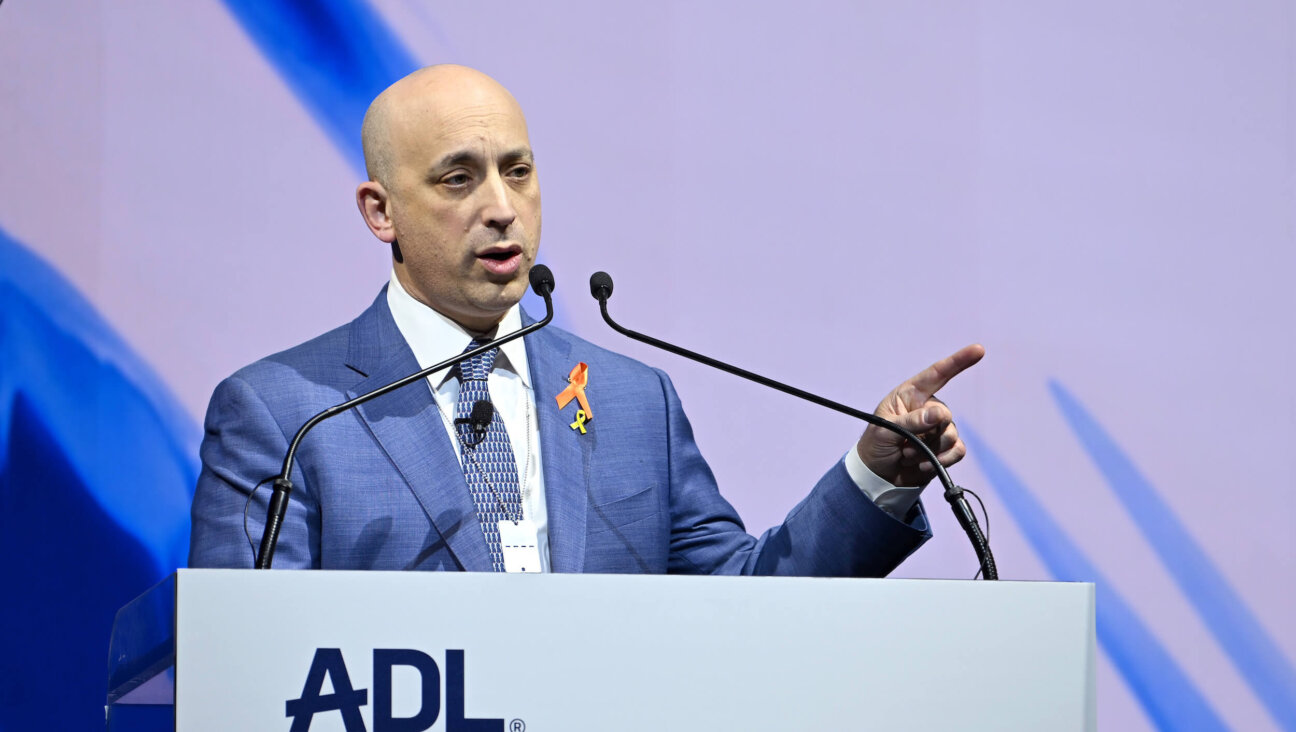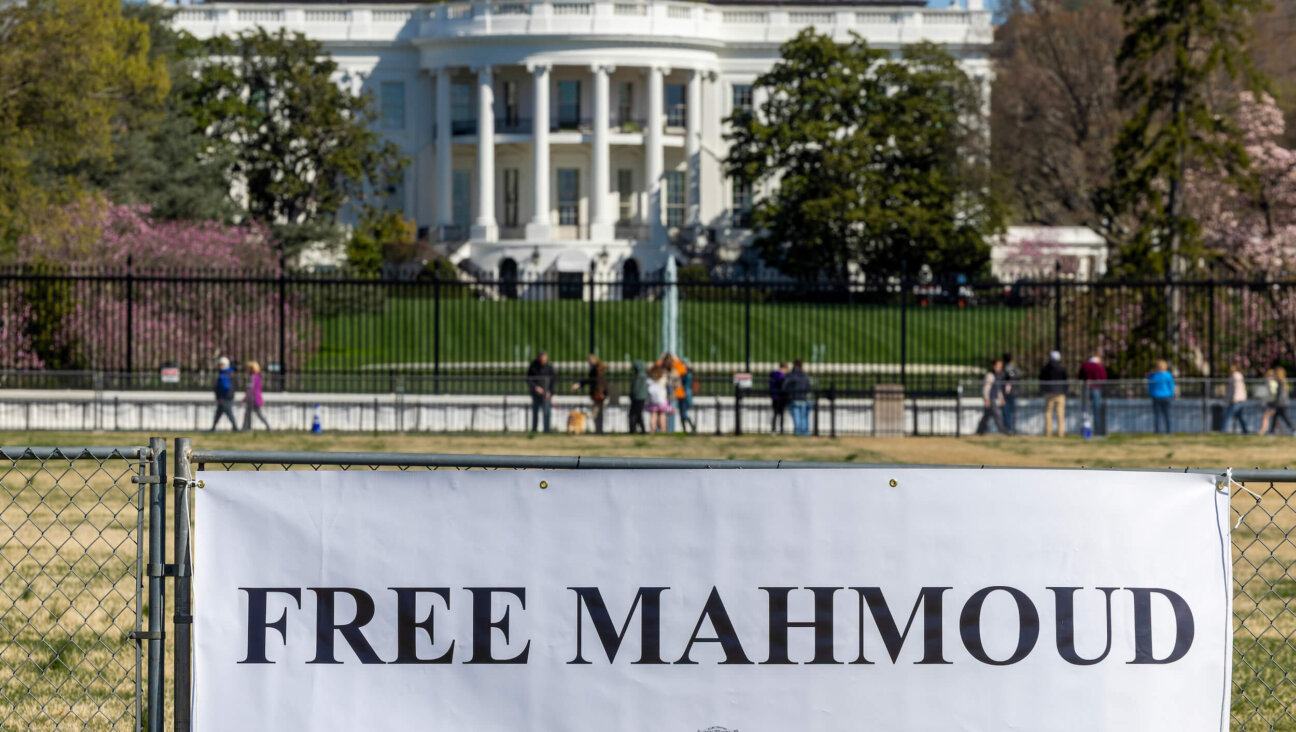Faith-Based Fixes
After much deliberation, an advisory council has presented the White House with a blueprint for reforming the Office of Faith-Based and Community Partnerships, to ensure that the bright line separating the public’s money from support for private religious behavior is visible and honored. The recommendations suggest welcome improvements to a federal operation that too often has been fuzzy on serious constitutional issues. But this good work doesn’t go far enough.
Among the recommendations, the council called for the government to amend its rules to clarify that federal funds cannot be used to pay for explicitly religious activities. That ought to be obvious. But it’s not, and the council — drawn from members of many faiths — was wise to stipulate that social service providers not use direct government aid to pay for religious instruction, for example, or disseminating sacred texts.
The faith-based initiative’s aim is not to prop up religion, but to support those religious institutions that help the poor and needy, especially in communities long abandoned by everyone else.
The council acknowledged it fell short of consensus on two stronger measures: one to require religious grantees to set up separate tax-exempt bodies to administer publicly funded work, another to prevent them from conducting activities in rooms with overt religious symbols. Both seem like reasonable guarantees that public money would be protected, and it’s disappointing a consensus couldn’t be reached.
But a larger issue wasn’t even up for discussion. From the outset, the Obama administration instructed the council not to consider whether religious institutions receiving public funds can be required not to discriminate in hiring. The 1964 Civil Rights Act permits such an institution to hire according to faith, to protect freedom of religion. Once public funding for child-care services or drug rehabilitation is in play, however, the church or synagogue should no longer be allowed to discriminate in hiring staff for such programs.
This isn’t a theoretical issue. A prominent refugee resettlement organization that reportedly receives up to 70% of its funds from government sources has just enacted a policy requiring new employees to be Christian. It’s legal. But is it right? And can the faith-based initiative continue to blur constitutional lines and earn our support?
The Forward is free to read, but it isn’t free to produce

I hope you appreciated this article. Before you go, I’d like to ask you to please support the Forward.
At a time when other newsrooms are closing or cutting back, the Forward has removed its paywall and invested additional resources to report on the ground from Israel and around the U.S. on the impact of the war, rising antisemitism and polarized discourse.
Readers like you make it all possible. We’ve started our Passover Fundraising Drive, and we need 1,800 readers like you to step up to support the Forward by April 21. Members of the Forward board are even matching the first 1,000 gifts, up to $70,000.
This is a great time to support independent Jewish journalism, because every dollar goes twice as far.
— Rachel Fishman Feddersen, Publisher and CEO
2X match on all Passover gifts!
Most Popular
- 1

News A Jewish Republican and Muslim Democrat are suddenly in a tight race for a special seat in Congress
- 2

Fast Forward The NCAA men’s Final Four has 3 Jewish coaches
- 3

Fast Forward Cory Booker proclaims, ‘Hineni’ — I am here — 19 hours into anti-Trump Senate speech
- 4

Film & TV What Gal Gadot has said about the Israeli-Palestinian conflict
In Case You Missed It
-

Opinion I co-wrote Biden’s antisemitism strategy. Trump is making the threat worse
-

Fast Forward From ‘October 8’ to ‘The Encampments,’ these new documentaries illuminate the post-Oct. 7 American experience
-

Fast Forward Jews at Tufts are furious over ICE seizing a pro-Palestinian grad student. But they’re wary of joining protests for her.
-

Film & TV How Marlene Dietrich saved me — or maybe my twin sister — and helped inspire me to become a lifelong activist
-
Shop the Forward Store
100% of profits support our journalism
Republish This Story
Please read before republishing
We’re happy to make this story available to republish for free, unless it originated with JTA, Haaretz or another publication (as indicated on the article) and as long as you follow our guidelines.
You must comply with the following:
- Credit the Forward
- Retain our pixel
- Preserve our canonical link in Google search
- Add a noindex tag in Google search
See our full guidelines for more information, and this guide for detail about canonical URLs.
To republish, copy the HTML by clicking on the yellow button to the right; it includes our tracking pixel, all paragraph styles and hyperlinks, the author byline and credit to the Forward. It does not include images; to avoid copyright violations, you must add them manually, following our guidelines. Please email us at [email protected], subject line “republish,” with any questions or to let us know what stories you’re picking up.














